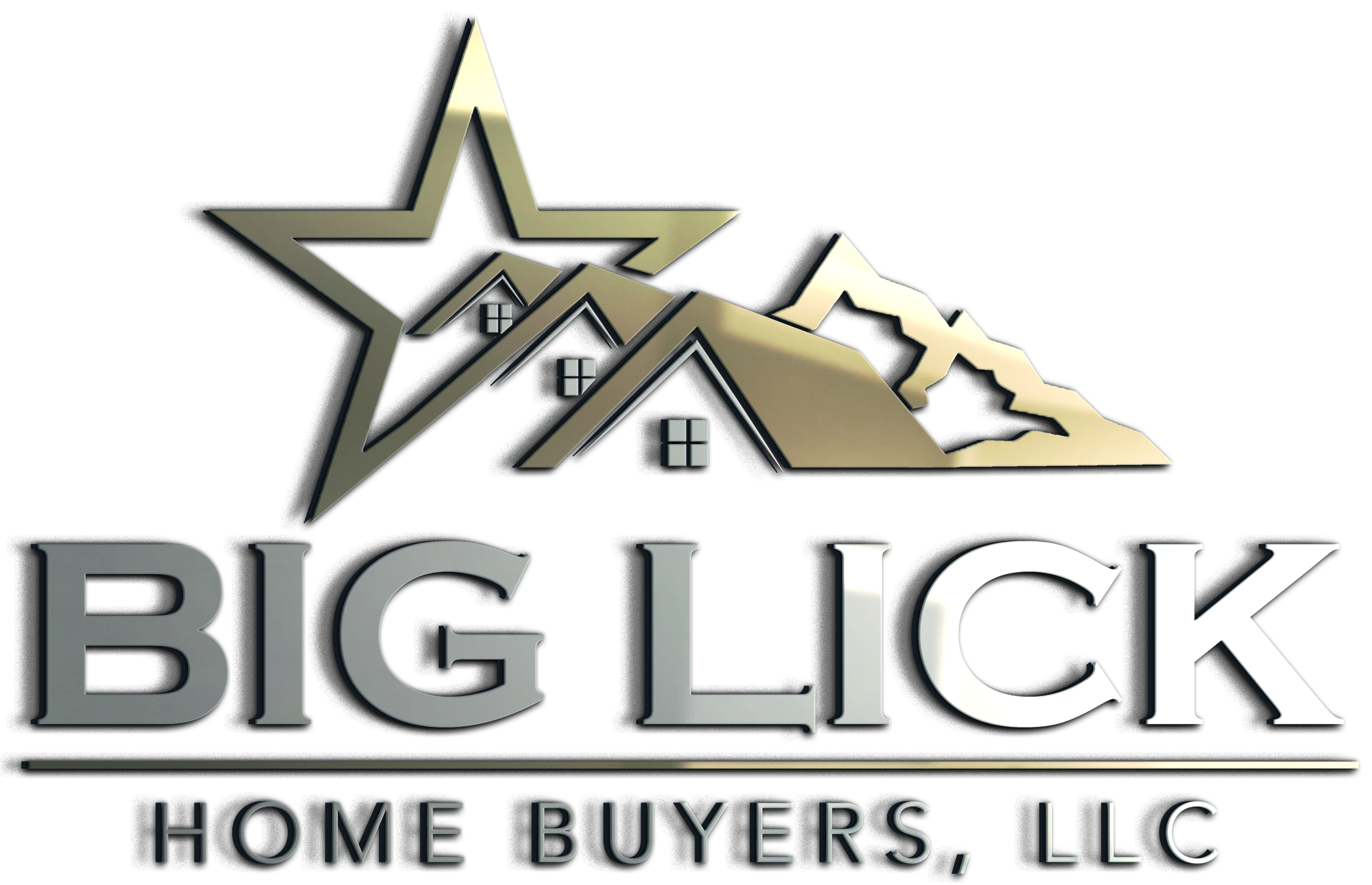
Going through the loss of a cherished family member or close friend is never easy, and navigating the process of receiving an inheritance at the same time can add to the emotional strain. When unexpected responsibilities arise, focusing on the necessary tasks can feel daunting, so we have gathered five key steps to take immediately after inheriting a house in Virginia.
Lines of Communication
Clear and open communication is essential when multiple heirs are involved in the inheritance of a house in Virginia. Even with videoconferencing and other modern technologies bridging distance gaps, it is not unusual for relatives to have different visions for the property. Heightened emotions can complicate matters, so keeping the discussion grounded in facts is crucial.
If tensions escalate or you anticipate a contentious dynamic, hiring a mediator may help navigate debates. One heir does have the power to initiate a forced sale of the inherited property, often resulting in a foreclosure. However, such a sale frequently yields only around two-thirds of the fair market value.
Probate
Unless the deceased had established a funded living trust, you must generally file probate after inheriting a house in Virginia. Probate is the legal process of settling an individual’s affairs in court. The court must first officially appoint an executor or personal representative for the estate.
From there, assets must be collected and accounted for, sharing that accounting with the beneficiaries. Debts to creditors need to be paid, and any estate taxes must be resolved. The court may also intervene to resolve disagreements between heirs regarding the estate or trust before the remaining assets are ultimately distributed.
Executor
Being designated as the executor when you inherit a house in Virginia is a considerable responsibility. You will need to facilitate ongoing communication among heirs, develop methods for accurate accounting, gather and appraise the estate’s assets, and work with legal and financial professionals such as attorneys and accountants.
It is vital to handle the estate transparently and stay strictly within the bounds of the law. The primary focus is to fulfill the wishes of the deceased as specified in the will or trust, acting ethically and avoiding even the appearance of self-interest.
Affordability
It is crucial to evaluate the financial realities as soon as you have inherited a house in Virginia. You may be responsible for mortgage payments, insurance costs, and other debts tied to the home. You should also factor in any pending or upcoming maintenance, liens, and tax obligations.
Keep in mind that the IRS applies capital gains tax, measured by the difference between the home’s original purchase price and its current fair market value. Older homes may come with hefty repair bills; if you are not located nearby, you may want to consider hiring a caretaker or a property management company to oversee things in your absence.
Hold or Sell
If keeping the property is not part of your plan, Big Lick Home Buyers is ready to purchase the home and guide you through the process of selling after inheriting a house in Virginia. We recognize that heirs are dealing with both grief and a sudden influx of responsibilities.
When you sell to Big Lick Home Buyers, we can often close in just a few days, alleviating the financial and emotional burdens associated with the property. Our offers are upfront, and we are transparent with every figure used to determine the purchase price. There are no commissions, hidden fees, or complicated contracts. Feel free to leave behind any possessions you do not wish to keep, and we will handle the rest.
Whether you choose to sell or hold, Big Lick Home Buyers is happy to provide assistance, answer questions without obligation, and help you move forward. Call us at (540) 251-2131 or send us a message any time to learn how we can help solve your inheritance challenges.

